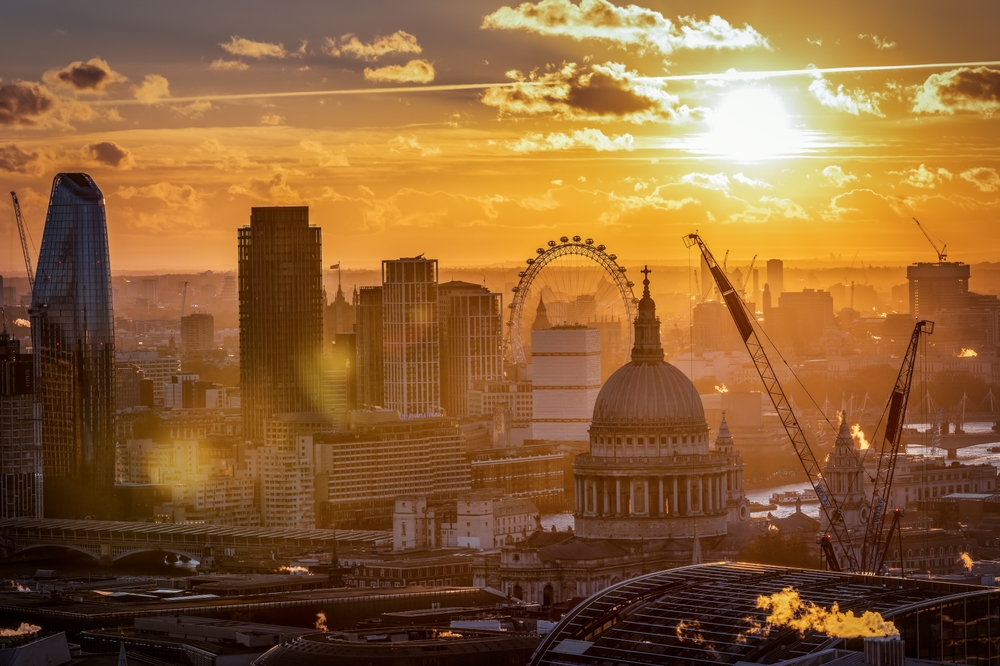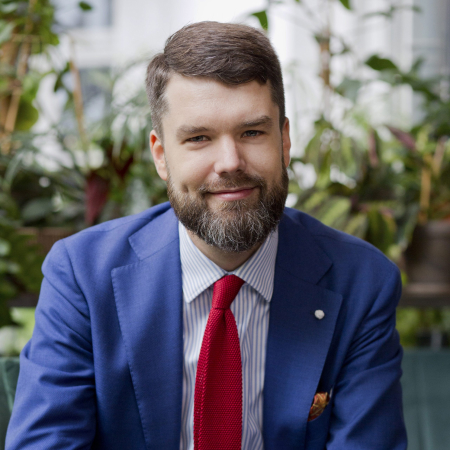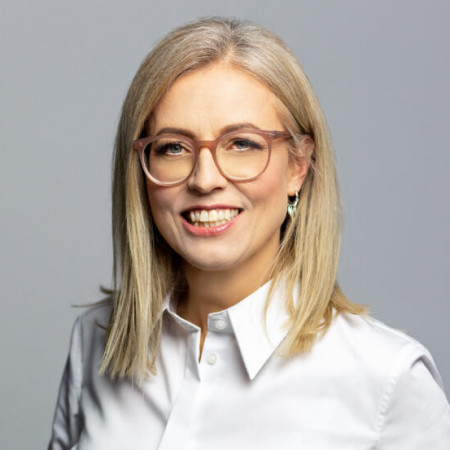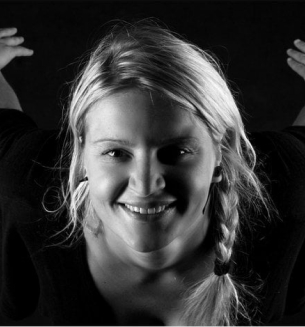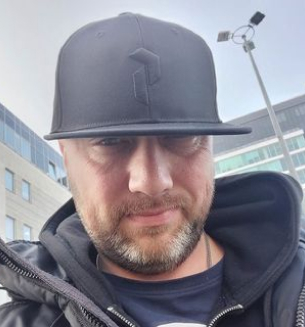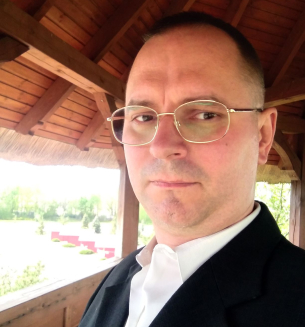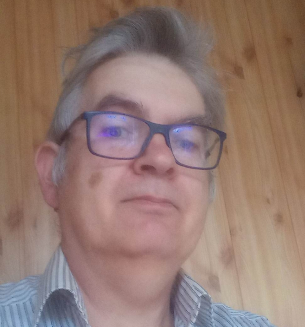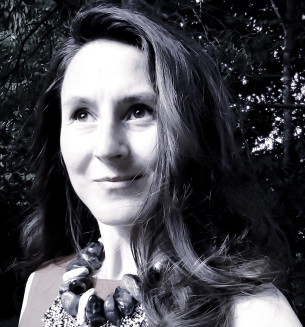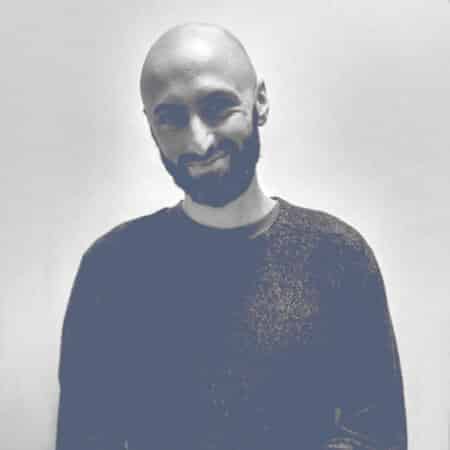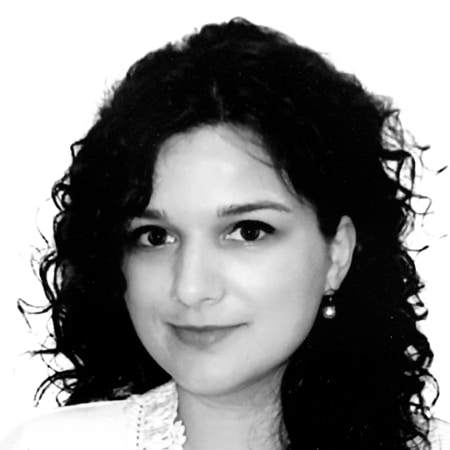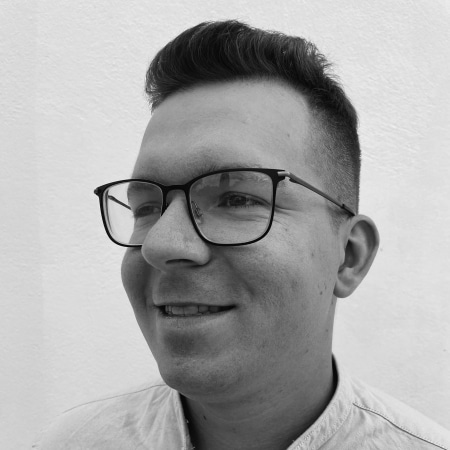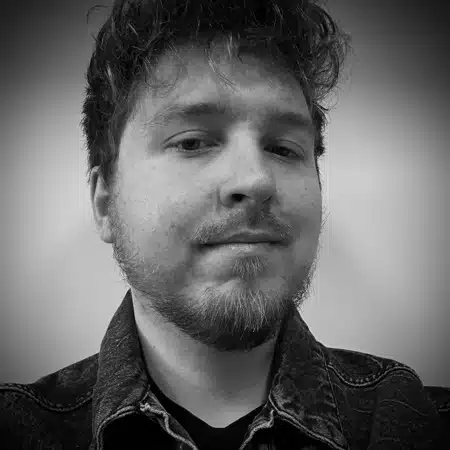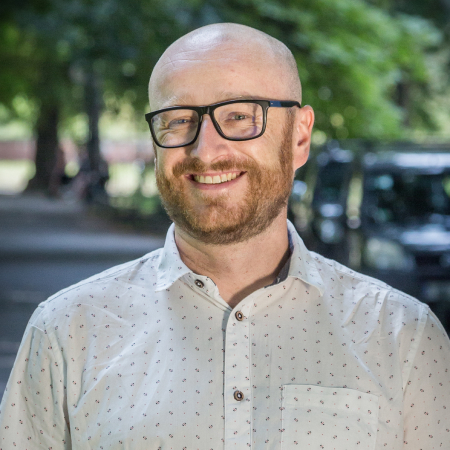
What do you think of the modern world Professor?
It makes me sad on the one hand, but on the other, it fills me with enthusiasm. I feel sad about how we’re destroying the world these days. We’re facing an ecological crisis and a climate crisis. Data presented in numerous scientific reports are alarming. The change is accelerating. We’re unable to stop the negative trends – greenhouse gas emissions, wildlife extinction. What we can conclude from these reports is that we actually have no chance of surviving as a civilisation. We’re heading towards an unprecedented disaster.
Well, this explains your sadness. But what about the enthusiasm?
I’ve been dealing with ecology and environmental activity since 1992. That’s when I first came across a different way of thinking, a different sensitivity. A new gate opened for me and I started to realize that this world is beautifully constructed. That there’s nature, that everything is connected and I’m a part of it. I went vegetarian. I became an activist and an environmental educator. It was a beautiful moment in my life, it gained more depth.
This explains your personal satisfaction, but not your enthusiasm about the world.
All these years I felt kind of alienated from my milieu. I mean the university I work for, my acquaintances. Someone dealing with ecology would often be treated as some kind of a weirdo, an outsider, a harmless fool. And that’s exactly how I was treated for a long time. In the last few years though, the number of people who pay attention to these problems and who think like me has been growing rapidly. There are also more and more scientists, both at my university and elsewhere, who are involved in fighting for the environment. The Science for Nature movement was created in Poland.
There’s more of you now. But are you being listened to?
We do have some impact on what’s going on. Lots of people are fighting for what matters most.
I get the impression, however, that the decision-makers are not listening to the scientists. They’re ignoring your letters.
Unfortunately, you’re right. The decision-makers are not listening to us. There are in fact two bubbles now. One of them comprises scientists and those who listen to them, that is environmentalists and quite a large group of school youth. This is a generalisation as there are also adults, journalists among them. They are still in the minority though. The other group is made up of people for whom scientists have no authority and this is still a large part of the society. I experience that in different ways. For example, we’ve written a number of letters to the minister of the environment, the president, the prime minister. In their replies they often mentioned our narrow interpretation of the situation. In their opinion, scientists fail to see the big picture.
So it means that one politician sees things from a broader perspective than 200 scientists representing various fields of knowledge.
I had an opportunity once to give a speech at the congress of small and medium-sized enterprises. The panel focused on smog and the “Clean Air” programme. I took part in it with Mr Kowalczyk, the minister of the environment, vice president of Katowice and with several other persons. Everyone praised the programme a lot. My opinion was a bit more critical as I said that it would not solve the problem and that it was not clear how the programme was to be financed. I also mentioned that it did not address the climate issue which is our main challenge. The only solution here is to stop burning fossil fuels.
I was cut off and the minister commented by saying: “You, scientists, are dreamers. And we are realists.” And such are the arguments. I’m afraid though that it is scientists and young people in the streets who are realists.
In accordance with present scientific knowledge, what will the world look like in 30 years if we follow the realistic and responsible scenario promoted by minister Henryk Kowalczyk?
Well, this can be found in scientific studies. For example, there’s a report drawn up by the European Commission called “Challenges and Choices for Europe” which describes what may happen in 2030. It mentions significant damage to the economy and the environment that will occur in the next 12 years. The report doesn’t warn, it just informs that this is what’s going to happen. It talks about what life in cities may look like and predicts that they may become totally polluted and fall into chaos with rising crime rates. The scenario is really scary.
So that’s what may happen in 12 years. Another date that is often mentioned is the year 2050. What will happen then?
There’s a Mad Max scenario for 2050. It does not mean the end of civilisation yet, but a civilisation immersed in chaos. I think that, apart from droughts, heavy rains and hurricanes, climate migration will constitute the most serious threat. It will make the ideals of humanism disappear. We will survive the destruction, but when we stand face to face with hundreds of millions of refugees, this could be the end of the civilisation as we know it today.
“The most important message in the history of mankind”
There are some political scientists who are already considering such scenarios. And these are not optimistic scenarios whatsoever. I’ve seen your TEDx talk. You started it from showing a slide saying: “The most important message in the history of mankind”. What is this message today?
I often start my talks like that. A few days ago I had some classes in a secondary school in Sosnowiec and I asked the teenagers the same question. They mentioned different things…
Such as?
Usually some fragmentary ones. They talked about the drought, rising prices. The fact that they’re living in the world in which life is on the verge of extinction was rarely mentioned.
So, the most important message is that the world is dying. Am I right?
And what could be more important than life that is going extinct at an alarmingly accelerated rate?
If I was to judge it by analysing newspaper headlines, I’d say that there are more important things to focus on.
Information about environmental threats does appear on newspaper front pages, but it’s often for just one day, and then we’re flooded with banality.
And do you know why? It just doesn’t “click” well. Media coverage tends to focus on what people are interested in. Apparently, environmental issues are not interesting enough yet. Let’s make them interesting then. Things you mentioned in your TEDx talk would make anyone’s hair stand on end. What’s this world going through?
We’re living through the sixth Pleistocene and Holocene mass extinction of species. Life is going extinct at a rate that is shocking even to scientists. Mark Williams, a professor of geology, says that the extinction of dinosaurs is nothing compared to the human-driven changes on the planet we are witnessing today. The rate of extinction is spectacular. It is estimated that species are now dying out up to 1,000 times faster than in the prehistoric times.
Human activity is causing plants and animals to go extinct 1,000 times faster than their natural rate. The figures speak for themselves here.
Could you quote some of them?
From a few up to several species are probably disappearing from our planet every hour. I say probably because we still don’t know the vast majority of species that exist on the Earth. It was surprising when it turned out that populations of vertebrates have declined by 60 percent since 1970. For me one of the best illustrations of how we have transformed this planet is the study by Yinon Bar-On et al. on biomass distribution. According to the authors, 67 percent of all vertebrates that live on the Earth now are made up of livestock, 30 percent of humans and a mere 3 percent of wild vertebrates. They are almost gone. There are mainly cows, pigs and humans on the planet now. Media and film-makers are often criticised for showing beautiful nature. But they do not say in their productions that what we can see at the cinema and on TV, in their beautiful films, is just mere remnants. The planet is devastated in fact and wild animals are practically gone. Wildlife habitats constitute only 1 percent of all terrestrial ecosystems now.
Yesterday I saw Agnieszka Holland’s “Spoor”. The film very well shows different attitudes to these issues. And with it still in mind I have to ask: why is this a problem? The figures may be alarming, but not for everyone it seems. Why should they be alarming for everyone?
Because, for instance,
our lives, our existence, well-being and happiness depend on the functioning of ecosystems. On whether bees are pollinating, earthworms are digging and “my” soil mites are stimulating the activity of the decomposers, I mean of bacteria and fungi. This is what my future and the future of us all depends on.We can do without lots of things. But we won’t survive if all these various organisms, millions of species, stop doing their daily job. We exist thanks to them.
The level of environmental awareness is low. Lots of us don’t understand how this world works, that it’s like this intricate network of life, a spider’s web where all things are connected to one another.
